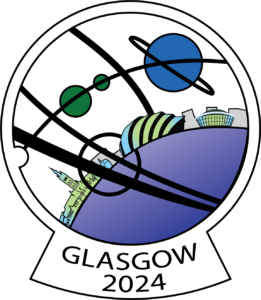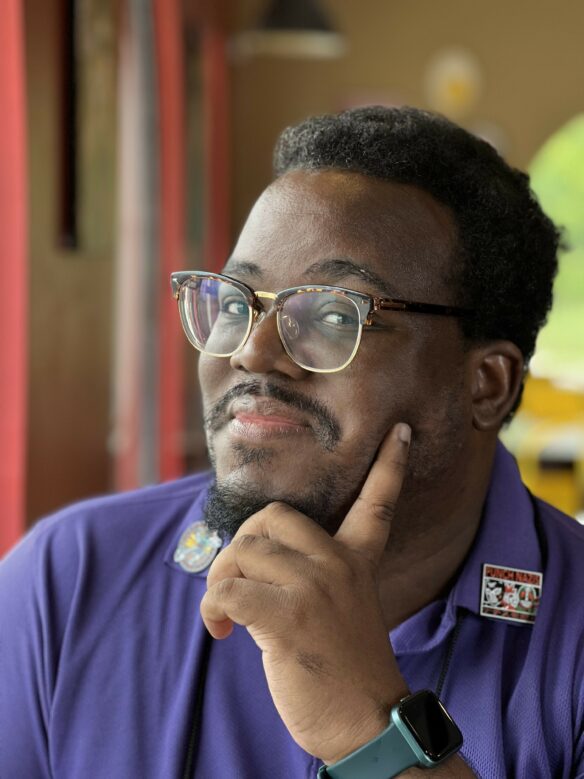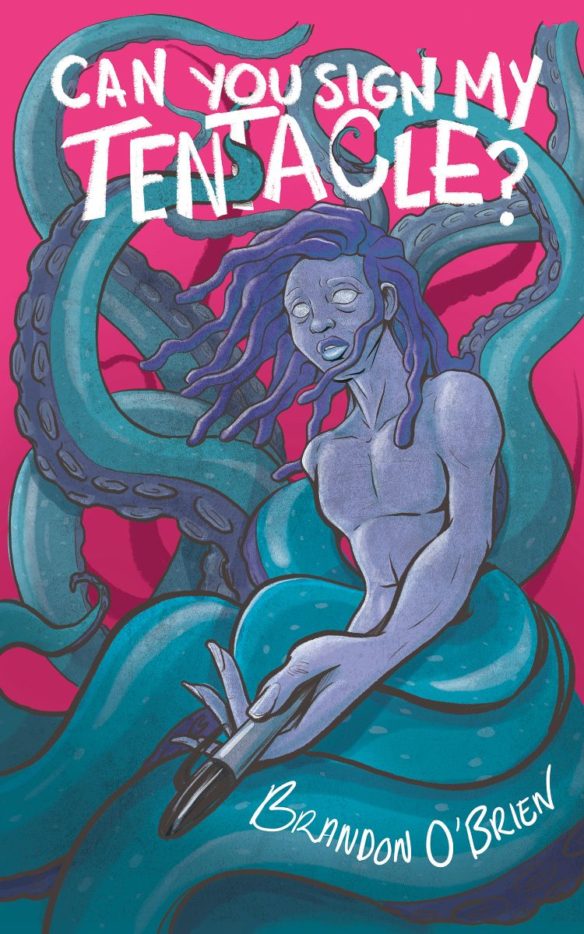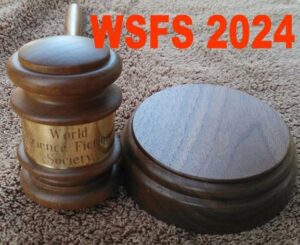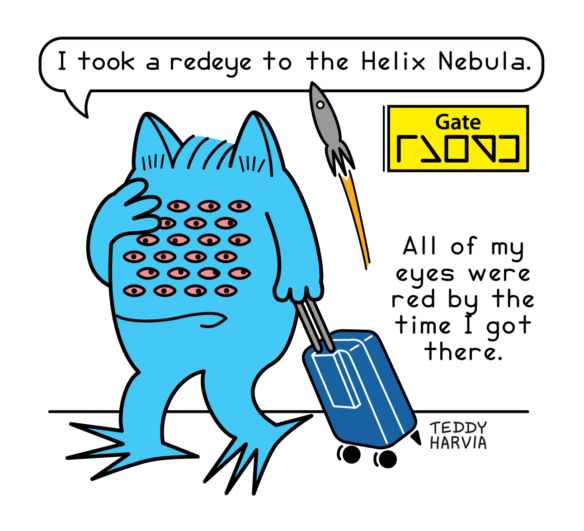Kevin Standlee has sent File 770 a copy for publication of a motion submitted to the Glasgow 2024 Business Meeting.
“Popular Ratification” proposes that an amendment to the WSFS Constitution passed at a Business Meeting shall then be subject to ratification by a vote of WSFS members of the following year’s Worldcon. If the amendment receives a majority of votes in favor, it shall take effect at the end of the administering Worldcon (unless a later date is specified in the amendment).
SHORT TITLE: POPULAR RATIFICATION
Moved, To amend Article 6 the WSFS Constitution to replace the existing process for amending the WSFS Constitution with a process that would replace the existing ratification process with a ratification election by the WSFS members of the Worldcon the year after the Worldcon whose Business Meeting first passed the amendment by striking out and inserting words as follows:
Section 6.6: Amendment. The WSFS Constitution may be amended by a motion passed by a simple majority at any Business Meeting but only to the extent that such motion is ratified by a simple majority at the Business Meeting of the subsequent Worldcon. the process described in this Section.
6.6.1. First Passage. A Constitutional amendment passed by a majority vote at any Business Meeting shall be submitted to the members of WSFS for ratification by a process administered by the following year’s Worldcon.
6.6.2. Ratification. Each Worldcon shall conduct an election to ratify Constitutional amendments given first passage by the Business Meeting of the previous Worldcon. All WSFS members of the Worldcon administering the election on or before the end of the election period shall be entitled to vote on each amendment. Each amendment shall be presented as a separate proposal and voted upon individually.
6.6.3. Election Period. Ratification voting shall open at least ninety (90) days before the first Preliminary Business Meeting and shall close at the same time as Site Selection voting at the Worldcon administering the election.
6.6.4. Arguments For and Against Ratification. The Business Meeting may provide by the Standing Rules for the Governance of the Business Meeting for a process whereby arguments for and against ratification may be presented to the membership. The Worldcon administering the ratification election shall be responsible for making such arguments available to the eligible members.
6.6.5 Vote Required for Ratification.
(1) Any amendment that receives more votes in favor of ratification than votes opposed to ratification shall be considered ratified, except as otherwise provided in this Section.
(2) Should amendments with conflicting provisions receive more votes in favor of ratification than votes opposed to ratification, only the amendment that receives the most votes in favor of ratification shall be considered ratified.
(3) Should amendments with conflicting provisions and with the most votes in favor of ratification be tied, the Business Meeting of the Worldcon administering the voting shall determine which version shall be considered ratified after it receives the results of the ratification vote. However, the Business Meeting making such decision may not amend the amendments pending ratification, but may only select from among them.
6.6.7. Announcement of Results. The Worldcon administering the voting shall announce the results of each ratification vote at the Site Selection Business Meeting.
Section 6.7: Commencement. Any change ratified amendment to the Constitution of WSFS shall take effect at the end of the Worldcon at which such change is ratified, that administered the ratification election for that amendment, unless a later date is specified in the amendment, except that no change imposing additional costs or financial obligations upon Worldcon Committees shall be binding upon any Committee already selected at the time when it takes effect.
Provided That this amendment shall first affect Constitutional amendments that receive first passage at the 2026 Business Meeting, so that any Constitutional amendments receiving first passage at the 2025 Business Meeting must be ratified by the 2026 Business Meeting by the process in place before the ratification of this amendment;
Provided Further That upon initial passage of this amendment, the Nitpicking and Flyspecking Committee is directed to draw up proposed Standing Rules for the regulation of arguments for and against ratification, as provided for in new section 6.6.5, and to report such proposed rules to the 2025 WSFS Business Meeting for consideration if this Constitutional amendment is ratified;
Provided Further That unless the above changes are re-ratified by the 2030 Business Meeting, this amendment shall be repealed and the wording of sections 6.6 and 6.7 shall revert to what was in place at the time of this amendment’s initial ratification; and
Provided Further That the question of re-ratification of this amendment shall automatically be placed on the agenda of the 2030 Business Meeting.
PROPOSED BY: Kevin Standlee, Berni Phillips Bratman, Linda Deneroff, Lisa Hayes, Laura Miller, Cheryl Morgan, Ron Oakes, Linda Robinette, Olav Rokne.
COMMENTARY: Currently, amendments to the WSFS Constitution must be passed by one WSFS Business Meeting and then ratified by the following year’s meeting. This means that the legislative process is exclusively limited to those WSFS members who attend the Business Meeting. Members who cannot attend the meeting cannot participate in the process.
This proposal would replace the ratification stage (the second WSFS Business Meeting) with a vote of all WSFS members, whether or not they attend the Worldcon, of the Worldcon following the one whose Business Meeting gave the Constitutional amendment first passage. The Administering Worldcon (the one following the year in which the amendment received first passage) would submit all amendments that were first passed in the previous year to their WSFS members (attending and non-attending). Members could vote in advance of the convention by mail or by other mechanism (electronic voting) determined by the Administering Worldcon, or they could vote in person at the Administering Worldcon. (Note that existing WSFS Constitution Section 6.3 already says that “Valid paper ballots delivered by any means shall always be acceptable.” Therefore, the Administering Worldcon must provide a mechanism to vote by paper ballot; however, this proposal does not otherwise regulate the technology that the Administering Worldcon must use to run their election. The proponents of this proposal assume that the Administering Worldcon is likely to develop some form of electronic voting such as what is used for the Hugo Awards; however, it is up to each Worldcon to determine how they want to run their election.
Voting would continue until the end of Worldcon Site Selection, which typically ends on the third day of the Worldcon. The results of the ratification vote would be announced at the Site Selection Business Meeting. Any Constitutional Amendment receiving a majority (more yes votes than no votes) would be ratified. Ties lose, and abstentions or blank ballots do not count. There is no minimum vote requirement.
As with current Constitutional amendments, any ratified amendment becomes part of the Constitution upon ratification, but is not effective until the end of the Worldcon where it is ratified, A Constitutional amendment could include a future effective date, but could not take effect before the end of the Worldcon whose members ratified it. Once an amendment becomes part of the Constitution, it can be amended, even if it is not yet effective.
The Administering Worldcon would be required to publish arguments for and against ratification of Constitutional Amendments. The Business Meeting could create regulations for such arguments (such as who could submit them, any length restrictions, deadlines for submitting arguments, and so forth), and the provisions for this proposal directs the Nitpicking & Flyspecking Committee to, upon first passage of this proposal, to draw up a draft of such regulations to be considered by the 2025 WSFS Business Meeting should this proposal be ratified at the 2025 Meeting.
This proposal includes transition rules for moving from the current system to the new system, and a “sunset” re-ratification clause that would require the Business Meeting to re-ratify this system at the 2030 Meeting.
This proposal opens up the right to vote to nearly every WSFS member, other than the small number of members who join Worldcon as a WSFS member after the close of Site Selection voting. It would allow nearly all WSFS members to express a preference on changes to the WSFS Constitution without having to attend the current Worldcon or the Business Meeting.
This does not speed up the ratification process; however, it allows all WSFS members to have a say in the ratification process, rather than restricting it to members attending the business meeting.
